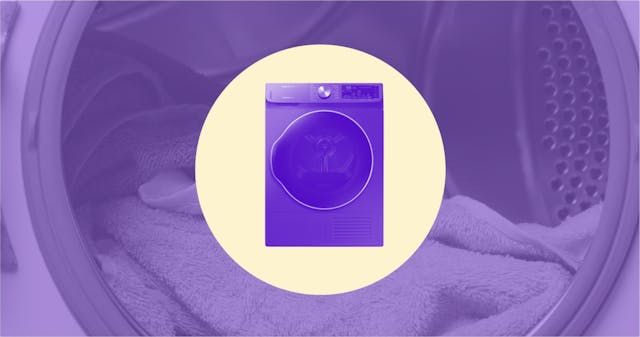
Clothes dryer electric
Want a clothes dryer that is more efficient and gentler on your clothes?
Read more about Clothes dryer electric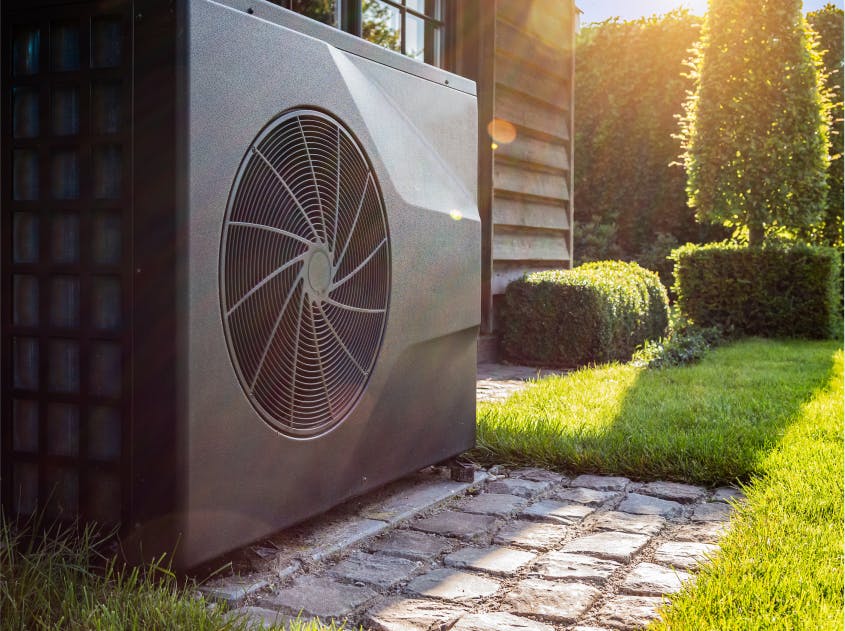
The best way to heat your home in the winter and cool your home in the summer is with a heat pump. Heat pumps are more energy efficient than other heating and cooling systems like gas furnaces, oil heat, and central air.
Why do it?
Homes with heat pumps use less energy and save money on their utility bills.
When?
When your current HVAC unit is nearing end of life (usually about 15 years).
Who is this for?
Whole-home heat pump systems for homeowners; portable and window units for renters.
Read more about heat pumps
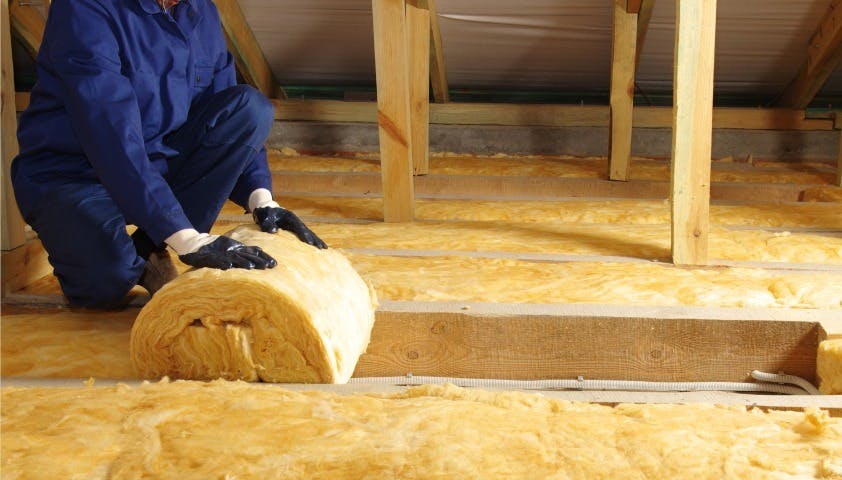
Weatherization
Weatherizing your home can save you hundreds on your energy bills by reducing the amount of energy needed to keep your home comfortable. Weatherization projects include air sealing, insulation, and upgrades to doors and windows.
Upfront Costs
$5,000 (for a single mini-split)–$30,000 (for a whole-home system in a large home)
Average Lifespan
10-20 years
Features
Both heats and cools your home
AVERAGE ANNUAL EMISSIONS REDUCTION
2.8 tons
Difficulty
Hard, hire an HVAC contractor
Energy Savings
Heat pumps are ~3x more efficient than most fossil-fuel heating systems
Homeowners switching from inefficient HVAC systems that run on fuel oil, propane, or traditional electric resistance (like baseboard heat or electric furnaces) can save around $898 per year.
Federal
Create a personalized plan to see more incentives
To view a personalized list of federal, state, utility, and local incentives, you need to create an electrification plan
Start an electrification planAlready have an account? Log in
Try our contractor directory
We've curated a list of contractors and contractor networks that provide the talent you're looking for. Check it out!
Find contractors

The pros and cons of heat pumps
Heat pumps are ultra-efficient heating and cooling machines. An all-in-one HVAC system has a higher upfront cost, but with rebates to help you save money, they’re more affordable than you think.
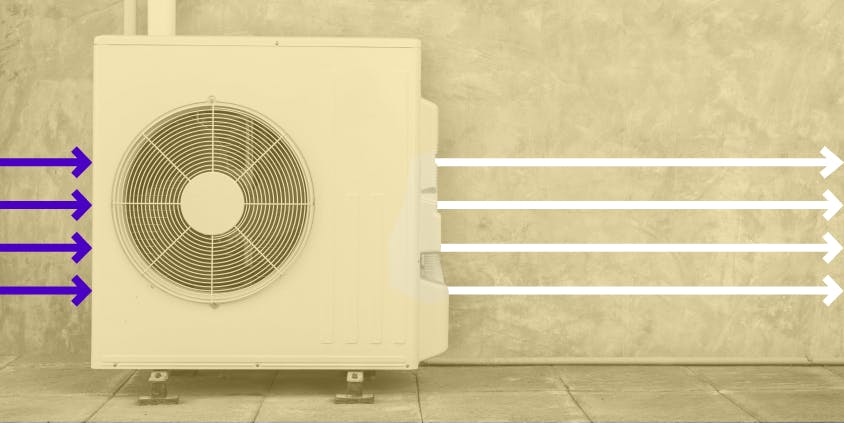
How do heat pumps work?
Heating and cooling without ductwork? Meet the mini-split
Central air, window units, or mini-splits: which is right for you?
How heat pumps compare to electric furnaces and baseboard heating
Guide: Here's how much money heat pumps save
Guide: Here's how much heat pumps cost to install
Guide: Here's why correctly sizing your heat pump matters
The best AC is actually a heat pump
Why heat pumps are best for reducing pollution
What is a SEER rating?
Electrify your home with the help of a trusted, qualified contractor
Download our contractor guide for tips on how to find contractors, evaluate quotes, and advice on saving money right now with rebates and incentives.
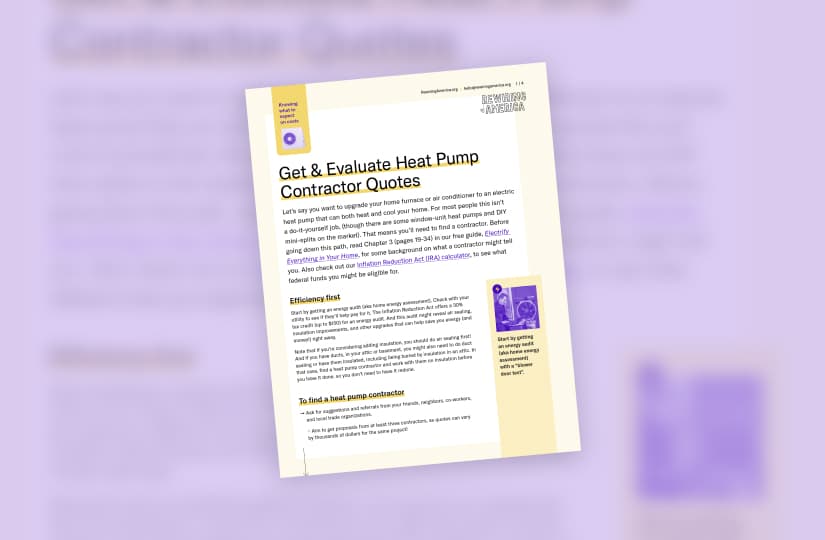
Do I need to weatherize my home before installing a heat pump?
It’s a good idea, especially if you live in a cold climate! Working with a contractor to insulate your home before upgrading to a heat pump will ensure that your HVAC system will work more efficiently to maintain a comfortable temperature. Weatherization can also save you hundreds of dollars a year by reducing energy waste.
Does a heat pump require pre-existing ductwork?
No. For homeowners with smaller homes, or for those with a need to heat and cool individual spaces within larger homes, mini-split or ductless heat pumps allow you to regulate the temperatures in individual rooms. Mini-split systems are perfect for retrofitting homes with non-ducted heating systems, like hot water radiators, electric resistance baseboard heaters, or space heaters.

Clothes dryer electric
Want a clothes dryer that is more efficient and gentler on your clothes?
Read more about Clothes dryer electric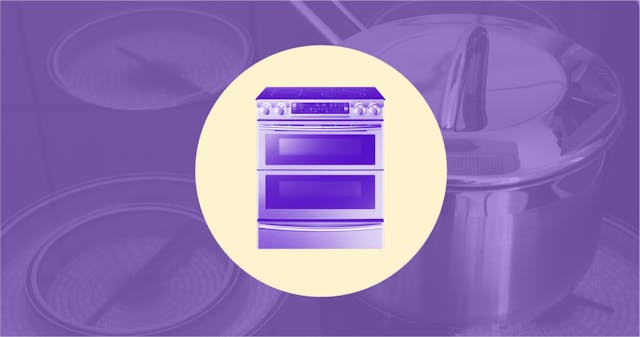
Cook electric
Want a stove that’s both better and healthier?
Read more about Cook electric
Drive electric
Want a car or truck that’s better, faster, and cleaner?
Read more about Drive electric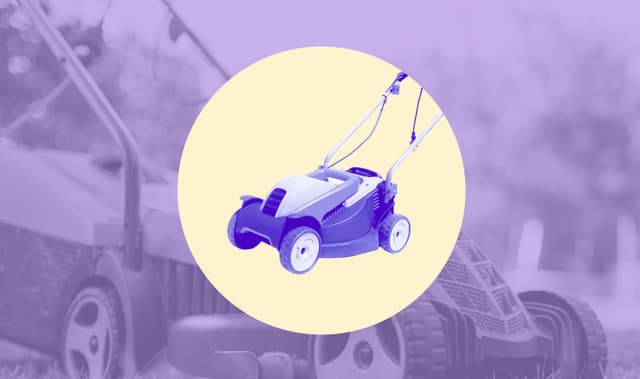
Electric lawn care
Electric mowers help tenters do healthier lawn care
Read more about Electric lawn care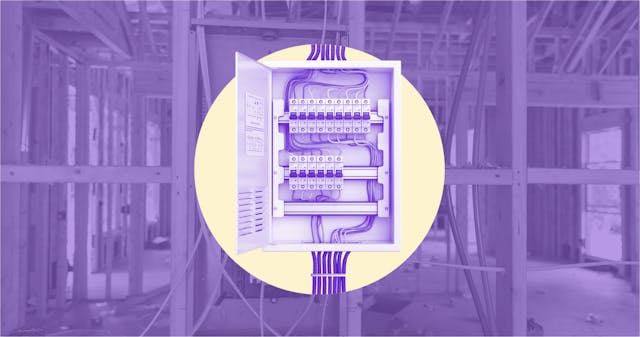
Electric panel
Want to wire your home for electrification?
Read more about Electric panel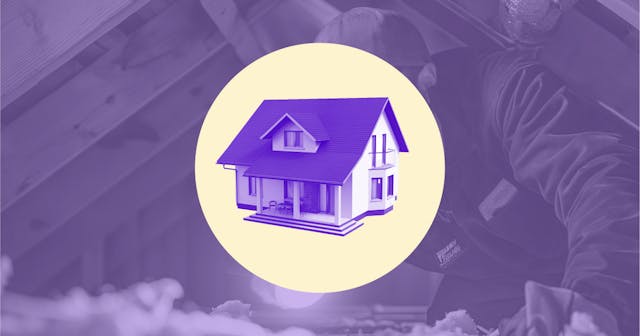
Energy audits
Get ready to go electric with a whole-home energy audit
Read more about Energy audits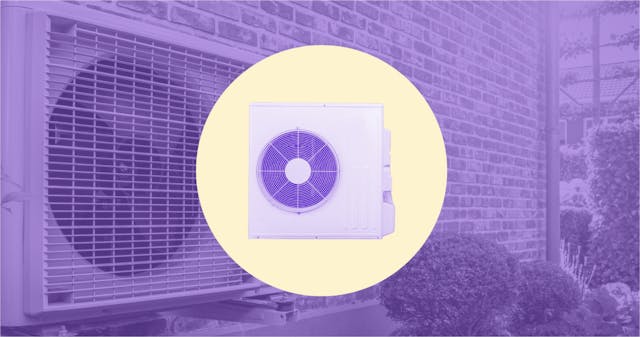
Heat and cool electric
Want an A/C and furnace that’s better and more efficient?
Read more about Heat and cool electric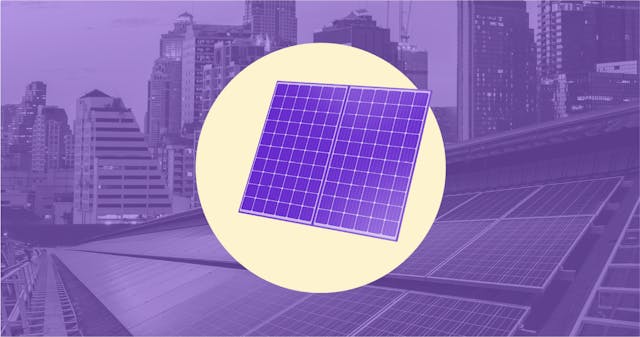
Solar electric
Want to power your home with limitless solar energy?
Read more about Solar electric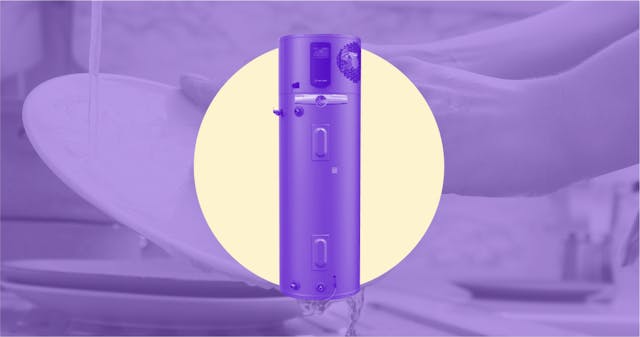
Water heat electric
Want a water heater that is 3x more efficient?
Read more about Water heat electricRewiring America is focused on making American households the center of a clean, resilient energy future. Learn more about our tax-exempt status.
Subscribe to receive Rewiring America's latest updates
Give feedback